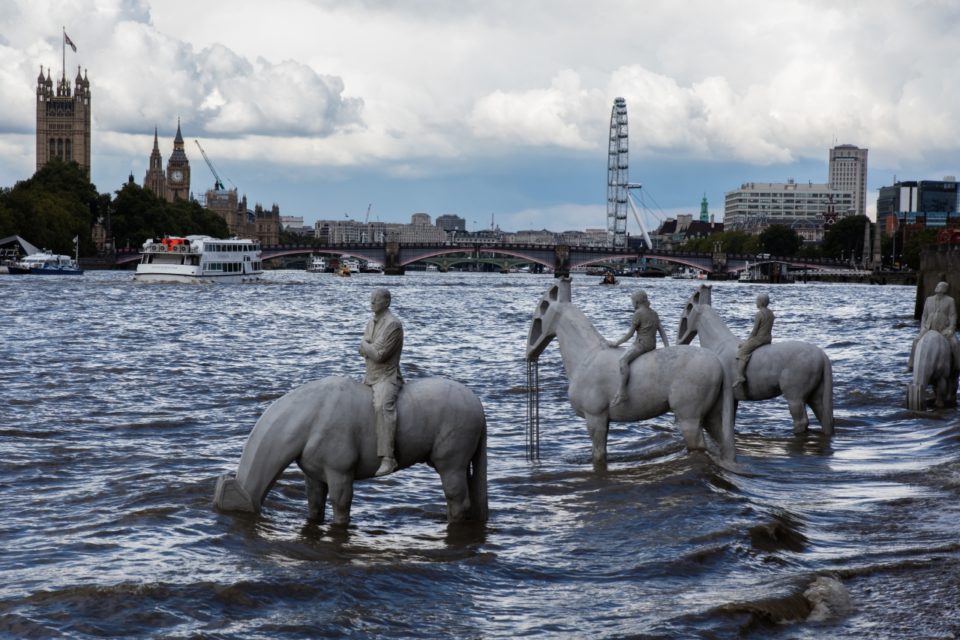When I got sober 32 years ago at the age of 19, the holidays (for me Halloween, Thanksgiving, Christmas and New Years) were often referred to in 12-Step meetings as the “Four Horsemen of the Apocalypse.” Now, with the COVID-19 pandemic and the inherent isolation it brings, staying clean and sober through the holidays is even more challenging. COVID-19 has also created a huge surge in overdose deaths in 2020, according to this AP story.
The latest COVID-19 surge has forced people seeking substance use disorder recovery to get creative with the lack of in-person 12-Step meetings and fellowship available for sober support. While virtual 12-Step meetings have been a life-saver for many in recovery, it doesn’t replace the in-person experience of connection and community previously available.
The holidays for those with substance use disorders often are accompanied with memories of ACE’s (Adverse Childhood Experiences) and their associated trauma. Especially early in recovery, prior to developing sober coping skills, it is easy to be triggered by feelings of resentment, guilt and shame, when encountering the holidays alone for the first time, which can lead to relapse if gone unaddressed in a holistic way with your sober support group. For each person seeking recovery a sober support group often includes their recovery peers and mentors and certified or licensed clinicians. Developing sober coping skills to develop resilience against relapse triggers is a crucial step in developing a foundation for recovery.
Here are some tips I have followed since becoming sober and also use at Awakening Recovery with our residents (a nonprofit I co-founded that emphasizes a long-term recovery solution in Los Angeles) to help navigate the Holidays:
- Connection and Community – Include your sober support group in making your holiday plans. They have been through it themselves and can help you get through it sober. It also gives them the opportunity to be of service to you for their own recovery.
- Bookending – Plan to connect with someone in your sober support group prior to and after engaging in your holiday activities (safely in-person or virtually). Bookending allows you to be supported through what can be a stressful time and gives you practice in holding yourself accountable to your recovery.
- Be Gentle with Yourself – People in recovery are sensitive, but often metaphorically put their hand out as if to say stop while at the same time saying “help me.” The following are some creative safety tips for attending sober activities (safely in-person or virtually) with family or friends not in recovery during the holidays:
- Arrive late and leave early. You don’t have to be the first one in and last one out.
- Bring someone from your sober support group with you to have a friendly reminder of your recovery there that you can turn to if you feel unsteady.
- Use your own transportation so you can come and go when you want to and don’t feel beholden to stay because others don’t want to leave.
- Be of Service – Make the holidays about helping others, such as volunteering at a food bank on Thanksgiving, etc.
- HALT – Don’t let yourself get Hungry, Angry, Lonely or Tired during the Holidays, is a classic 12-Step tool. Take a mental break and check-in with yourself or someone in your sober support group to ensure these crucial areas of self-care are happening.
Remembering to implement the tools you learned about sobriety can be tough during the holidays, especially when under stress, but I have found surrendering to your recovery by asking for help from your sober support group helps to imprint a new belief system through consistent action, humility, compassion, and forgiveness. These practices can dramatically increase the prospect of staying clean and sober, not only through this holiday season, but for the long haul.


